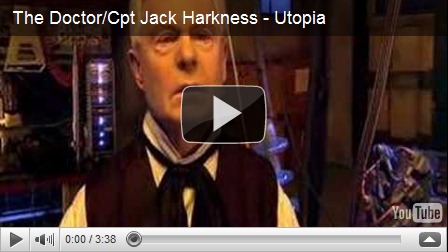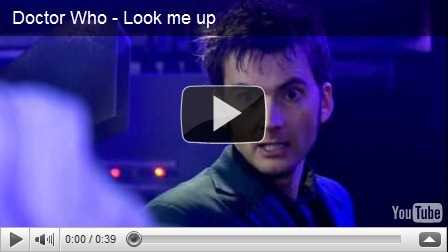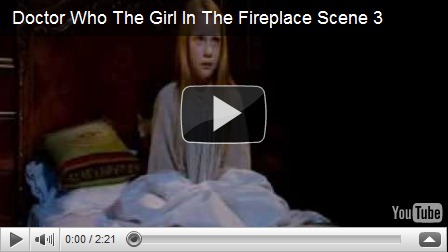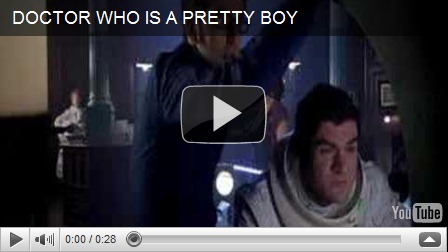I haven’t done a book post in a long time. Don’t know why. Here’s what I’ve been spending my time reading this summer.
I read two graphic novels:
Elmer by Gerry Alanguilan. Imagine an alternate Earth reality where chickens are just like humans except … well, they look like chickens. But they remember when they were treated as less than human. And eaten.
Pride of Baghdad by Brian K. Vaughan with art by Niko Henrichon. When the U.S. bombed Baghdad in 2003, a pride of lions escaped from the Baghdad zoo. They were eventually killed by US servicemen. This is their story.
Both were quick reads. Pride of Baghdad had beautiful illustrations and Elmer was fairly thought provoking. I don’t read many graphic novels so I don’t have much to compare them with.
I read a few “award winners”:
A Visit From the Goon Squad by Jennifer Egan. It won the Pulitzer Prize. I found it hard to get into and didn’t really care what happened to any of the characters, which is always a problem for me. It is one of those “flashback” stories where you bounce back and forth between the characters as they are now (or in the future) and how they were “back then”. Sort of a “The Way We Were” for the punk rock generation. I can’t really put my finger on why it didn’t work for me except that I don’t really have much interest in examining the lives of self-destructive characters.
The Finkler Question by Howard Jacobson. This won the 2010 Man Booker Prize. I guess I would describe this as a novel about Jewish Identity in Britain in the 21st century. I guess. I found this novel easy to get into but then I lost my way in the middle because, again, I didn’t really care about the characters. There were some funny moments in it.
We Need to Talk About Kevin by Lionel Shriver. This won the Orange Prize. It was the best of my “prize winners”. In the end I wish she had written a novel about a women who really really wanted a child and loved that child dearly and the child turned out to be a heart breaker. But that isn’t this novel. Or I wish she had written a novel with this same main character, who never wanted a child and didn’t love her child (at least in the traditional sense), but who had a child who ended up great – but she didn’t care and/or could take no credit. But that isn’t this novel. Having a character who never wanted a child and was a bad mother and whose child ended up being a mass murderer – well it seems just slightly too manipulative and meant to provoke discussions of the whole nature/nurture variety. But given that premise, it is really well done. I’m sure it is going to provoke a lot of great discussion when I get together with others I know who are reading it. Being a person who never deeply wanted kids and who was sure that if I had kids I’d be a terrible mother – it hit home for me in many ways.
I also read a couple of mysteries by new authors (or new to me, at least):
The Mapping of Love and Death: A Maisie Dobbs Novel, by Jacqueline Winspear. This is my first Maisie Dobbs novel and it was good lakeside reading. I like historical British mysteries. Sometimes I get tired of the “daughter of the chauffer marries the lord and heir to the title” bit. But not enough for those kind of stories to really bother me. I’ll probably read a few of the others in this series.
Murder in the Marais by Cara Black. Apparently there are eleven books in the Aimee Leduc series. Aimee is a private investigator in modern Paris with a specialty in forensic computer investigations. I really enjoyed this, the first in the series and I’m going to look up the others.
Other books I read included:
Winter’s Bone by Daniel Woodrell. I saw the movie last winter and loved it. I enjoyed the book just as much. Ree Dolly is a compelling heroine, looking for her father who skipped bail on crystal meth charges. The novel answered a few questions that were skimmed over in the movie. I’m going to look up more of Daniel Woodrell’s work.
One of our Thursdays is Missing by Jasper Fforde. I picked this up early in the summer, then put it down and didn’t finish it until late in the summer. I love Jasper Fforde’s work but I find the Thursday Next novels less satisfying than the Nursery Crime novels or even his new series set in a future where everyone is color blind. For some reason I had a really hard time being interested in the “fictional” Thursday who was trying to find the “real” Thursday. But after about the half-way mark I finally got into it and enjoyed it.
C by Tom McCarthy. This, very surprisingly, ended up being the top of my list for summer reading. I bought the book last winter and then put off reading it because reviews said it was post modern and experimental and I thought that meant it would be really hard and tiring to read. Not at all. I can’t say I loved it, but I loved reading it. It is the only novel I read all summer that I definitely want to read again, just to really examine how he structured it and moved me from the beginning to the end. I read this after I read Jennifer Egan’s novel during which I had regularly thought “god I get bored reading about drug addicts and drug users”. But parts of this novel also involves significant use of drugs and I didn’t lose interest in the character for a second. I only wish I had read this sooner instead of procrastinating. It isn’t by any means an easy read, but I found it rewarding.
That’s about it for the summer. On my nightstand I have The Very Thought of You by Rosie Alison. Another historical British book, it is the story of a little girl evacuated during the Blitz to a large country estate. I bought it for a plane ride home two weeks ago and read three quarters of it on the plane but have never picked it up since. While I feel sure I’ll probably pick it up and finish it, I think the fact that I could put it down for so long when I was that far into it tells you something about how I feel about it. I’d say it’s a nice way to pass the time.
That’s all for now. I’m hoping fall will bring a bumper crop of good reading. I haven’t been much in the mood for books the last few months but colder weather usually brings on the “I need a good book to read” itch.









